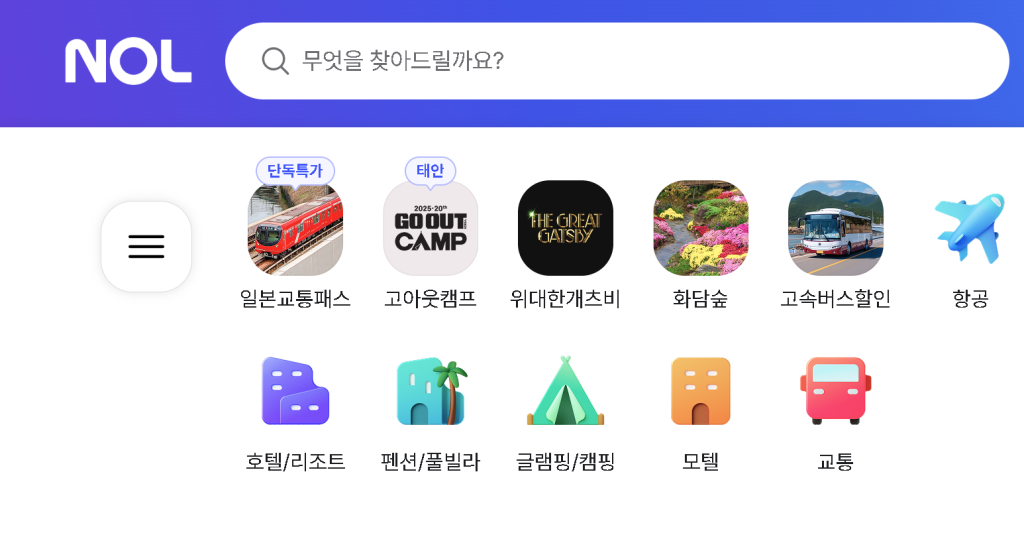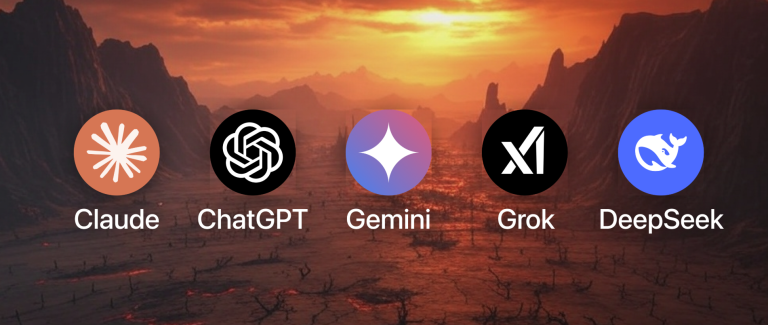
The Korean tech landscape is buzzing. While giants like Naver have been making waves with massive general-purpose language models, a new trend is emerging: highly specialized, industry-specific AI. Leading the charge in the travel sector is Yanolja, a major player in travel tech. By open-sourcing its new large language model (LLM), EEVE ROSETTA, Yanolja is not just sharing code—it’s signaling a significant shift in the future of AI.
What is EEVE ROSETTA?
EEVE ROSETTA is a 4-billion parameter model that’s been specifically fine-tuned for the unique world of travel. It’s not a blank slate; it was built upon Google’s powerful Gemma 3 and trained using a rich, synthetic dataset derived from DeepSeek-R1 inference data. This strategic approach highlights a smart new way to build powerful AI: by leveraging existing foundational models and refining them with specialized, high-quality data.
Why This Matters for the Travel Industry
For a global industry like travel, communication is everything. Yanolja has positioned EEVE ROSETTA as a powerful translation tool for a diverse range of content, from product catalogs and listings to customer reviews and FAQs. Its ability to translate across ten key languages, including English, Japanese, Chinese, Spanish, and French, directly addresses the multilingual needs of travelers and service providers worldwide.
Here are the key benefits Yanolja is emphasizing:
- Cost Efficiency: Specialized models like EEVE ROSETTA can offer lower operational costs compared to larger, more resource-intensive general-purpose LLMs. This is a game-changer for businesses where margins are often tight.
- Accuracy and Trust: Yanolja’s focus on verification of inference results builds crucial trust with users. In a world where a mistranslated hotel review or booking detail could ruin a trip, accuracy is non-negotiable.
- Faster Performance: With its smaller size (4B parameters), EEVE ROSETTA promises faster inference speeds and a more responsive user experience, a critical factor for real-time applications like live chat or on-the-fly translation.
The Bigger Picture: A Trend Toward Specialized AI
Yanolja’s decision to open-source EEVE ROSETTA is a landmark move in the Korean tech scene. It follows a broader global trend of deploying smaller, more efficient models for specific tasks. This move also contributes to the open-source community, allowing developers worldwide to test, evaluate, and build upon the model.
This bold step raises an important question: Will specialized, open-source models like EEVE ROSETTA become the new standard for AI-powered services, leading to greater innovation and a more competitive landscape in industries beyond just travel? Only time will tell, but Yanolja has certainly given us a glimpse into a very exciting future.
Yanolja’s EEVE ROSETTA: A New Chapter in Specialized AI for Travel
Keywords: Yanolja, EEVE ROSETTA, open-source AI, travel tech, specialized LLM, Korean tech, AI translation, Google Gemma
The Korean tech landscape is buzzing. While giants like Naver have been making waves with massive general-purpose language models, a new trend is emerging: highly specialized, industry-specific AI. Leading the charge in the travel sector is Yanolja, a major player in travel tech. By open-sourcing its new large language model (LLM), EEVE ROSETTA, Yanolja is not just sharing code—it’s signaling a significant shift in the future of AI.
What is EEVE ROSETTA?
EEVE ROSETTA is a 4-billion parameter model that’s been specifically fine-tuned for the unique world of travel. It’s not a blank slate; it was built upon Google’s powerful Gemma 3 and trained using a rich, synthetic dataset derived from DeepSeek-R1 inference data. This strategic approach highlights a smart new way to build powerful AI: by leveraging existing foundational models and refining them with specialized, high-quality data.
Why This Matters for the Travel Industry
For a global industry like travel, communication is everything. Yanolja has positioned EEVE ROSETTA as a powerful translation tool for a diverse range of content, from product catalogs and listings to customer reviews and FAQs. Its ability to translate across ten key languages, including English, Japanese, Chinese, Spanish, and French, directly addresses the multilingual needs of travelers and service providers worldwide.
Here are the key benefits Yanolja is emphasizing:
- Cost Efficiency: Specialized models like EEVE ROSETTA can offer lower operational costs compared to larger, more resource-intensive general-purpose LLMs. This is a game-changer for businesses where margins are often tight.
- Accuracy and Trust: Yanolja’s focus on verification of inference results builds crucial trust with users. In a world where a mistranslated hotel review or booking detail could ruin a trip, accuracy is non-negotiable.
- Faster Performance: With its smaller size (4B parameters), EEVE ROSETTA promises faster inference speeds and a more responsive user experience, a critical factor for real-time applications like live chat or on-the-fly translation.
The Bigger Picture: A Trend Toward Specialized AI
Yanolja’s decision to open-source EEVE ROSETTA is a landmark move in the Korean tech scene. It follows a broader global trend of deploying smaller, more efficient models for specific tasks. This move also contributes to the open-source community, allowing developers worldwide to test, evaluate, and build upon the model.
This bold step raises an important question: Will specialized, open-source models like EEVE ROSETTA become the new standard for AI-powered services, leading to greater innovation and a more competitive landscape in industries beyond just travel? Only time will tell, but Yanolja has certainly given us a glimpse into a very exciting future.
Keywords: Yanolja, EEVE ROSETTA, open-source AI, travel tech, specialized LLM, Korean tech, AI translation, Google Gemma







